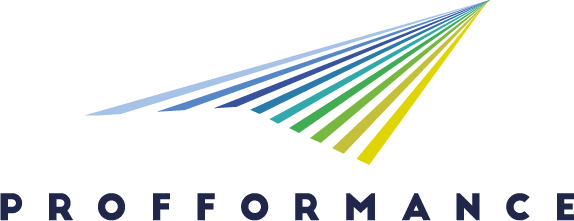ST-BD
Small thing for us, big deal for them
- 01 - Education
- 09 – Health and welfare
- Other:
Nursing
4. Impact and mission with and for society
- Service-learning and active citizenship learning for impact in society
- Active involvement of students in teaching-related research projects to improve their learning
- Teaching through real social projects addressing society’s global challenges
- Promoting students' social entrepreneurship projects
- Joint practices with social partners and stakeholders of civil society for empower students to active citizenship
We decided to design the project "Small thing for us, big deal for them" because we wanted to cooperate with a certain group of people, and in this case, they were homeless people and people of lower financial status. The Student Catholic Center “Palma” (SKAC) association was too able make this idea possible for us because they help this group of people through various volunteer actions, organizing food distribution, and others. Students had never been in contact with this group of people before, so it was a challenge for us to design the project. They had thought carefully about how they could use their knowledge to help them. They found that their main problem is the high incidence of chronic diseases and lack of knowledge regarding prevention, treatment, recognition of symptoms, and complications of some diseases that occur frequently and can be controlled or prevented in time. They have decided that they will make the best use of their knowledge through the assessment and education of users about diabetes, heart attack and stroke, and hypertension. They also added information to users about the possibility of free vision control and patients' rights. The general objective of the project was to increase the number of students with acquired practical knowledge and skills for solving specific social problems and community development. Furthermore, strengthening the capacity of civil society organizations to implement service-learning and establish and implement a sustainable program of service-learning in cooperation between students and civil society organizations. The main goal was: prevention of chronic diseases in the homeless. Specific goals were assessment of the need for education in: • Patients' rights, hypertension, complications of diabetes, vision control and stroke, and heart attack. • Screening users who suffer from hypertension or recognize the symptoms of diabetes or want to know more about their rights, free vision control or stroke and heart attack. • Educating users about each assessment point. • Evaluation of what has been learned and the usefulness of educating the users themselves in the form of a short questionnaire.
Methodology
Tools, equipment, technology used
Outcomes and outputs, main results
Lessons learnt
Adaptability and sustainability of the best practice (for other institutions)
Promotion of best practice
Scope and impact
- Course/department level
- Faculty level
- Institutional level
6.1 Digitalization
- Novel digital solutions (tools, frameworks, devices, tasks to enhance efficiency and motivation)
Reasoning: When planning project activities, students learned how to make a Gantt chart, responsibility matrix, designed checklists, and how the implementation of all of the above in the project itself can contribute to better monitoring of project activities.
6.2 Internationalization
- NOT RELEVANT
Reasoning:
6.3 Inclusion and diversity, universal design
- Senzitivizing students to consider special needs when practicing their profession
- Course includes hints on how the services/products of the profession could be universally designed/inclusive
Reasoning: Through the implementation of service-learning college, students were allowed to work directly with users of different profiles and needs, think about social problems and ways in which they can get involved in solving them to contribute to the overall development and community development. In this way, there was a direct sensitization of students working in the health sector for social problems.
6.4 Sustainability
- Social entrepreneurship projects, service-learning in the topic
Reasoning: Following the Strategy of Education, Science, and Technology, as well as the National Strategy for Creating a Stimulating Environment for Civil Society Development 2012-2016, this project contributed to connecting UAHS with three civil society organizations, to establish a sustainable service-learning program as part of its curriculum. Through the implementation of service-learning programs, students were allowed to work directly with users.
3.3 Public contact datas
| Name | Email address | Website |
|---|---|---|
| Ana Marija Hošnjak | anamarija.hosnjak@zvu.hr | https://www.zvu.hr/drustveno-korisno-ucenje-za-studente-zdravstvenog-veleucilista/ |

